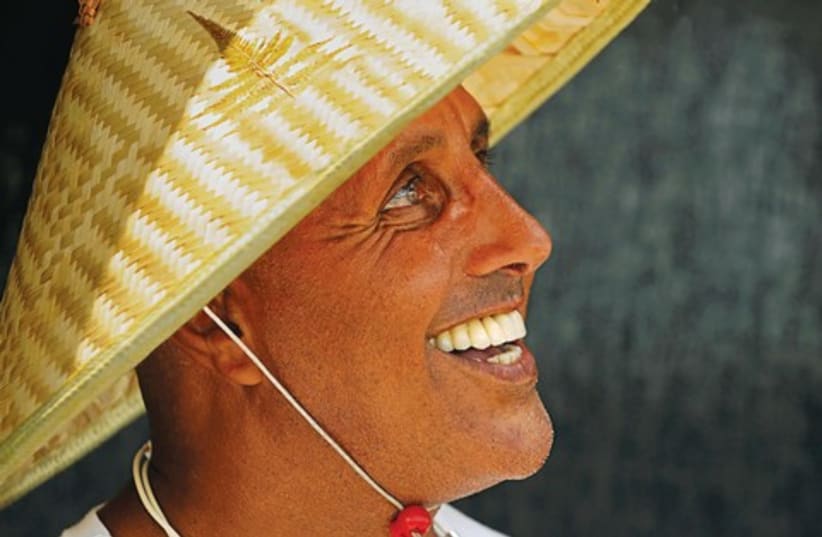Shabbat shalom.
Matot-Masei, Numbers 30:2-36:13, is read on July 6.The writer is the founder and chancellor of Ohr Torah Stone colleges and graduate programs, and chief rabbi of Efrat
Parashat Matot-Masei: The chief rabbi’s role
Number Matot Chapter 30/3: WHEN A man voweth a vow unto the LORD, or sweareth an oath to bind his soul with a bond, he shall not break his word.
